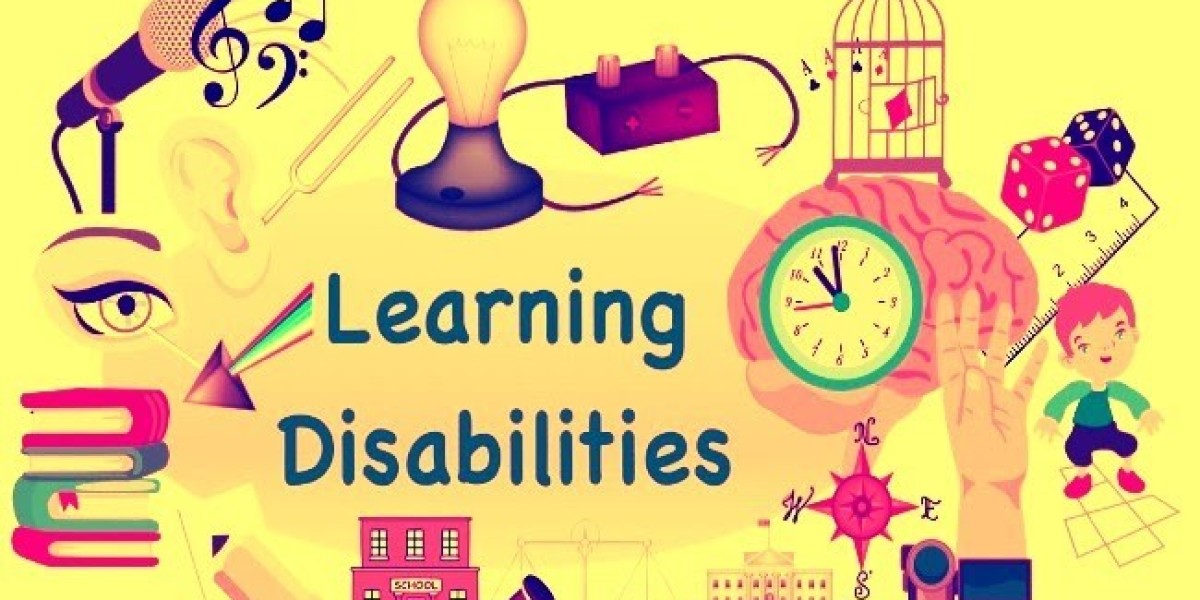Learning disabilities (LDs) are frequently misinterpreted, resulting in stigma and misinformation that can harm those who experience them. Such misconceptions not only create obstacles in education and employment but also diminish self-esteem and limit opportunities for personal growth. By addressing these myths and focusing on the facts, we can foster greater understanding and inclusivity. Facilities like a center for people with developmental disabilities play a vital role in providing the support and resources needed to overcome these challenges.
Myth 1: Learning Disabilities Are the Same as Low Intelligence
Fact: A learning disability does not reflect a person's intelligence. Many individuals with LDs have average or above-average intelligence. The condition affects how the brain processes information, making certain tasks like reading, writing, or math more challenging. With the right support, individuals with LDs can achieve great success in academics and careers.
Myth 2: People Outgrow Learning Disabilities
Fact: Learning disabilities are lifelong conditions. However, with proper interventions, individuals can develop strategies to manage their challenges effectively. Early diagnosis and tailored support can make a significant difference in helping people overcome obstacles and thrive throughout their lives.
Myth 3: Learning Disabilities Are Caused by Bad Parenting or Laziness
Fact: Learning disabilities are neurological in nature and are not caused by parenting style, lack of effort, or environmental factors. They result from differences in brain structure or function, often due to genetic or prenatal influences. Understanding this helps shift the focus from blame to providing constructive support.
Myth 4: Learning Disabilities Only Affect Academic Performance
Fact: While LDs often manifest in academic settings, their impact extends beyond the classroom. They can affect social skills, time management, and organizational abilities. For instance, a person with dyslexia may struggle with reading, but they could also find it challenging to navigate written instructions in everyday tasks.
Myth 5: All Learning Disabilities Are the Same
Fact: Learning disabilities are a diverse group of conditions, including dyslexia (difficulty with reading), dyscalculia (difficulty with math), and dysgraphia (difficulty with writing). Each condition presents unique challenges, and individuals may experience them in varying degrees of severity.
Myth 6: Individuals with Learning Disabilities Cannot Succeed in Life
Fact: Many people with LDs excel in their fields and lead fulfilling lives. Famous figures such as Albert Einstein, Whoopi Goldberg, and Steven Spielberg have demonstrated that learning disabilities do not define one's potential. Success depends on recognizing strengths and leveraging the right resources and support systems.
Promoting Inclusivity: How to Combat Stigma
- Educate Yourself and Others
Understanding the facts about learning disabilities is the first step toward breaking stereotypes. Sharing accurate information can help dispel myths in your community. - Advocate for Early Intervention
Early diagnosis and intervention can empower individuals with LDs to develop coping strategies and succeed academically and socially. - Foster an Inclusive Environment
Schools and workplaces should provide accommodations such as extra time for tasks, assistive technology, and personalized learning plans. - Celebrate Strengths, Not Just Challenges
People with LDs often possess creative problem-solving skills, perseverance, and unique talents. Recognizing these qualities can help shift the narrative from limitations to possibilities.
Conclusion
Breaking the stigma surrounding learning disabilities starts with separating myths from facts. By fostering awareness, understanding, and acceptance, we can create a society where individuals with learning disabilities are supported and valued for their unique contributions. Together, we can ensure that everyone has the opportunity to reach their full potential.



